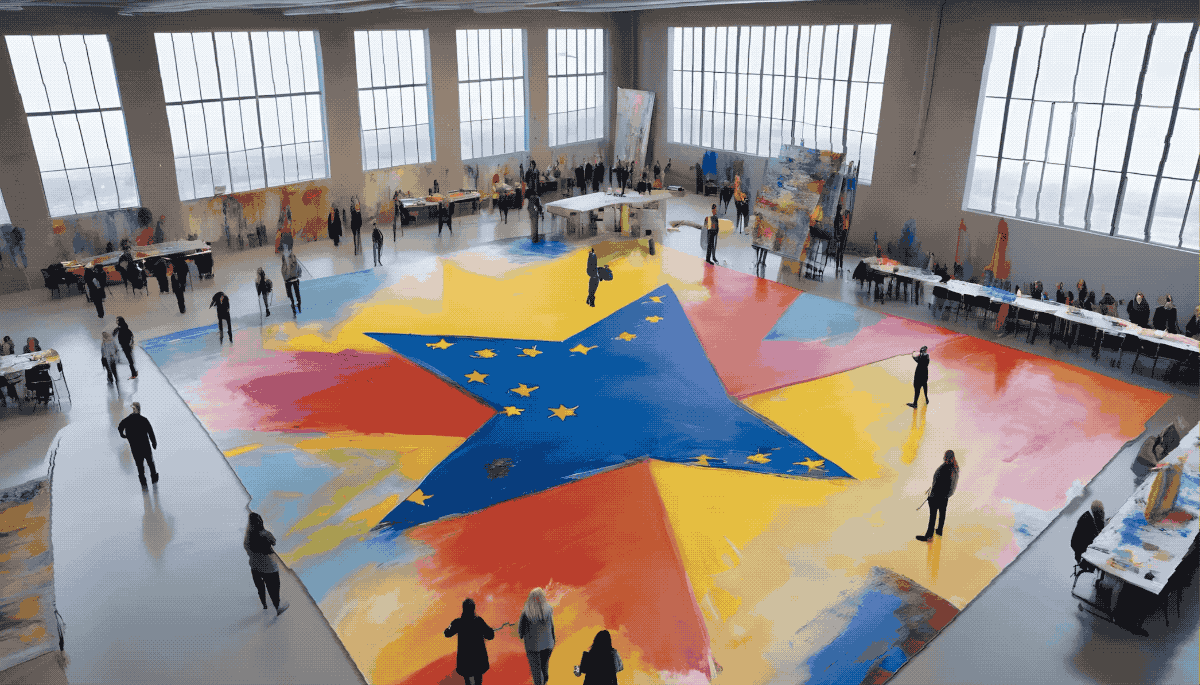The European Union’s commitment to inclusive education is not merely a policy stance but a transformative strategy aimed at reshaping the educational landscape to be more equitable and accessible. The impact and importance of EU-funded projects in this area are profound, influencing various levels of the educational system, societal integration, and future policy directions.
Quantitative Impact
1. Increase in Educational Participation: The expansion of the Erasmus+ programme, with its doubled budget, is designed to significantly increase participation rates across Europe. This initiative alone aims to engage millions more young people from diverse backgrounds, offering them opportunities that were historically limited to more privileged demographics.
2. Financial Scale and Scope: With a massive budget allocation, such as the €95.5 billion for Horizon Europe, the EU underscores its dedication to fostering inclusive educational environments. This funding supports a wide range of projects, from grassroots initiatives to substantial research undertakings that aim to integrate inclusive practices across European educational systems.
Qualitative Impact
1. Enhancement of Teaching and Learning Environments: Projects funded under these programs have led to the development of innovative teaching methods and learning environments that are adaptive to the needs of all students. For instance, the use of non-formal and informal learning settings has been shown to improve engagement and educational outcomes for students who might not thrive in traditional classroom settings.
2. Social and Cultural Integration: By facilitating mobility and exchange among students and staff from different socio-economic backgrounds and cultures, EU projects help break down barriers, foster mutual understanding, and promote a sense of European identity. This cultural integration contributes to long-term societal cohesion and reduces social disparities.
3. Promotion of Lifelong Learning and Employability: The focus on key competences and lifelong learning within EU funding programs equips individuals with the skills necessary for the modern workforce. This approach not only enhances personal development but also aligns with broader economic objectives of the EU, such as increasing employability and stimulating economic growth through a more skilled workforce.
Broader Societal Impacts
1. Economic Benefits: Inclusive education systems are foundational to building economies that are both robust and resilient. By ensuring that education is accessible to all, including marginalized and disadvantaged groups, the EU is investing in its future labor market, aiming to reduce unemployment rates and increase productivity.
2. Reduction in Social Inequalities: Education is a powerful tool for social change. EU-funded projects in inclusive education are specifically designed to tackle inequalities by providing equal educational opportunities to all. This strategic focus is expected to pay dividends in the form of a more equitable society, where access to education is seen as a fundamental right, not a privilege.
3. Policy Innovation and Development: The continuous evaluation and research associated with these funded projects help in shaping future education policies. Insights gained from these projects inform decision-makers about effective strategies and pitfalls, guiding the development of more refined education policies that cater to the diverse needs of the European populace.
Conclusion
The impact of EU-funded projects on inclusive education is vast and multifaceted. These initiatives not only address educational disparities but also build a foundation for a more cohesive, resilient, and innovative Europe. As these projects continue to evolve, their role in shaping an inclusive educational and social environment remains crucial. The commitment to funding and supporting these initiatives reflects a deep understanding of education as a critical driver of societal progress and equity.

